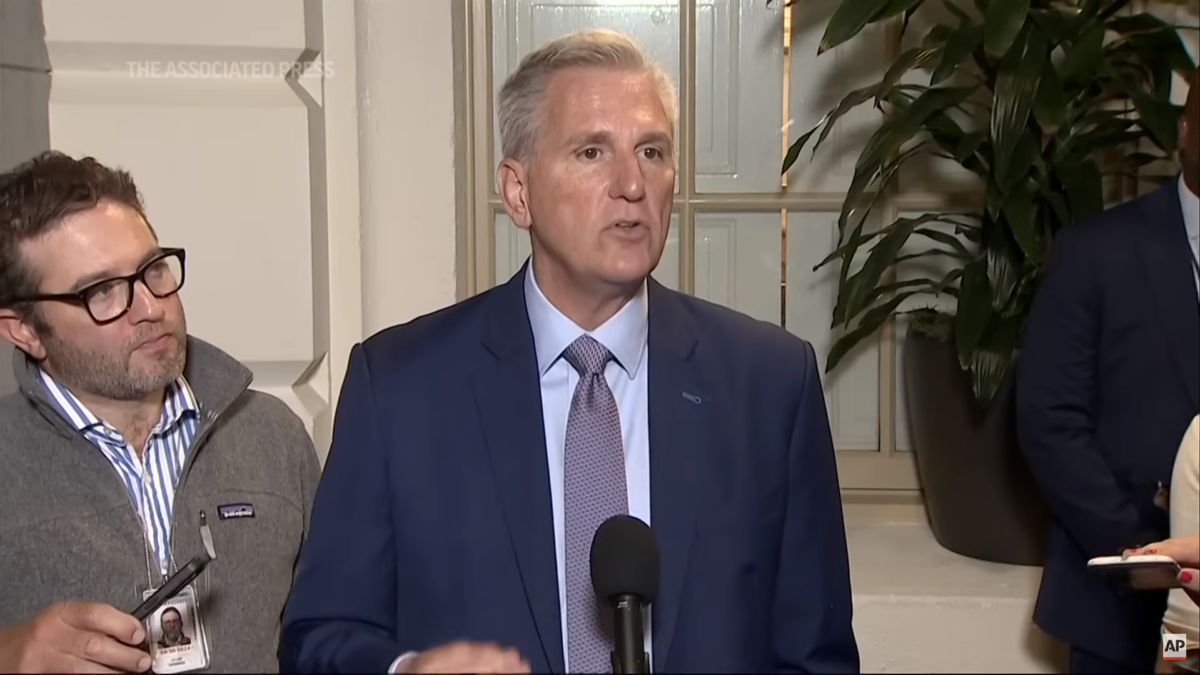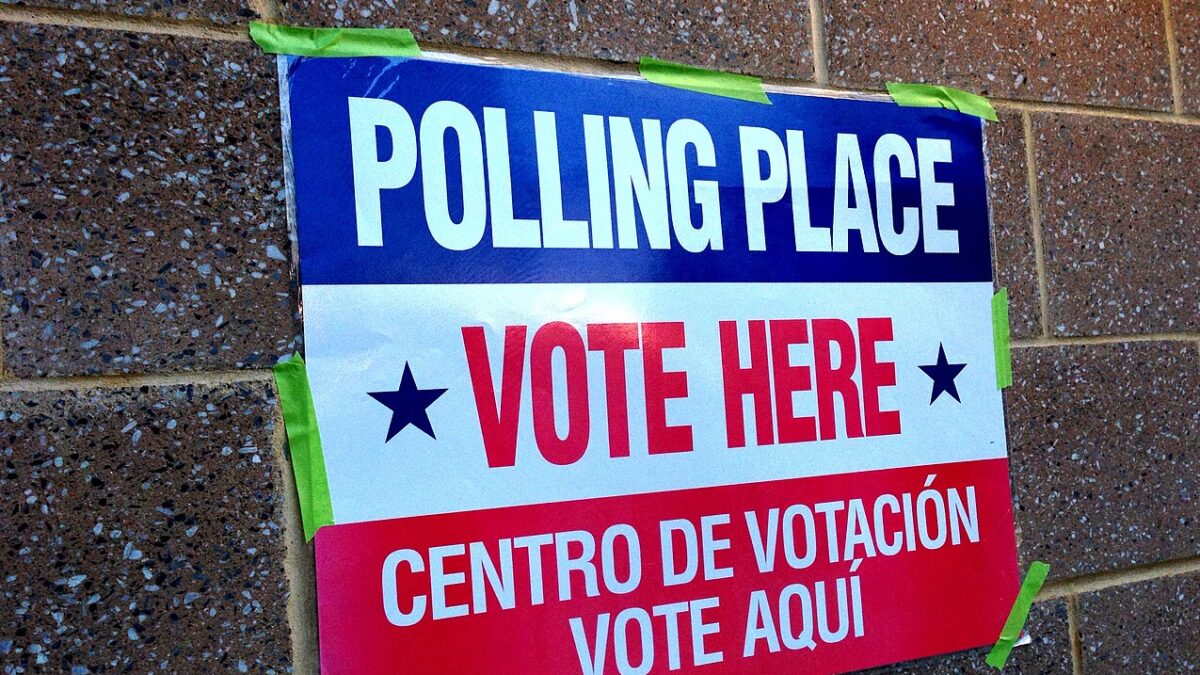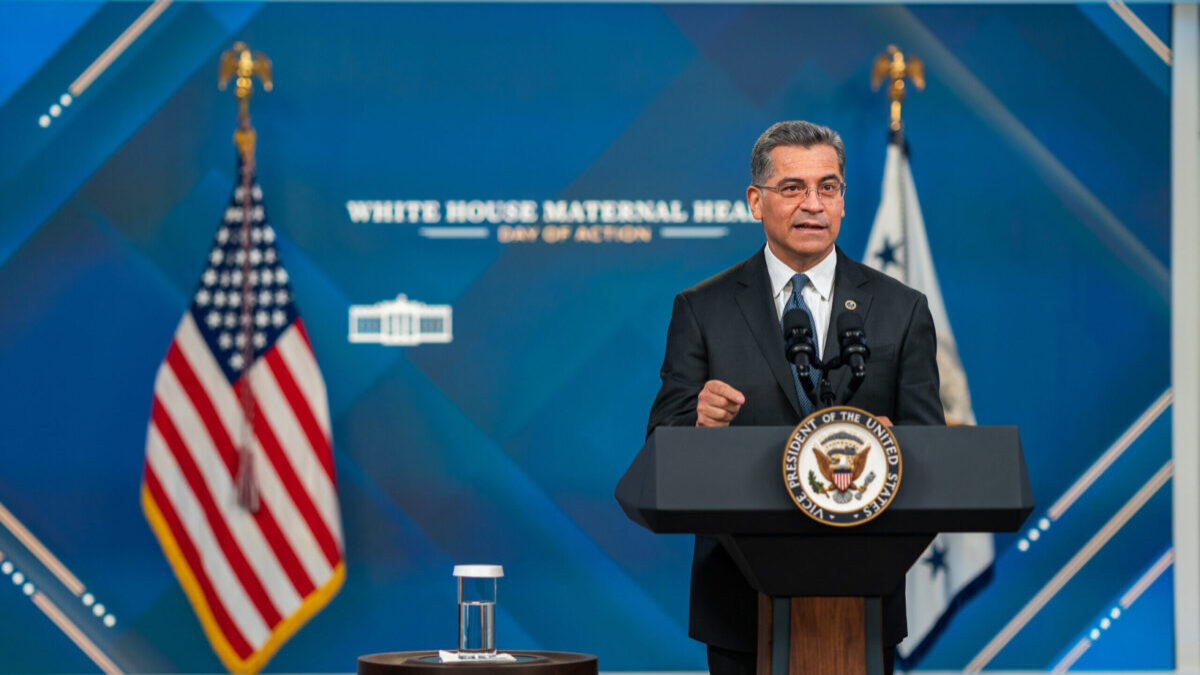Today the Trump administration released “A Budget for America’s Future,” better known as Trump’s financial wishlist for fiscal year 2021. The budget plans for $4.8 trillion in federal spending, the most of his presidency, and focuses on rejected projects from fiscal year 2020 such as Trump’s long-promised border wall. The budget claims to reduce spending 15 years down the road.
At a glance, the Trump budget aims to increase taxpayer spending on vocational training, the opioid epidemic, and infrastructure. Most likely to be overlooked is its emphasis on individuals with cognitive disabilities, who are often disserved by government programs. The Office of Management and Budget (OMB) writes:
The economy is thriving, the unemployment rate is at its lowest point in 50 years, and the unemployment rate of individual with disabilities has reached a recorded low. However, despite the robust economy, changing nature of work, and stronger workplace protections, only one-third of working-age people with disabilities are in the labor force — less than half of the rate of the working-age population without a disability.
The 2021 budget aims to alter disability benefits, increase vocational rehabilitation grants, increase grants for special education services, and create a pilot program for internships and jobs within the administration for people with cognitive impairments.
Reforming Disability Benefits
Just like the unrealistic, socialist programs of the far-left, the current disability system discourages recipients from working, even when they are able to do so. The current rules create what the Trump administration calls a “cash cliff,” where earnings above a certain level result in the loss of taxpayer subsidies.
According to OMB, the 2021 budget replaces the confusing set of rules with a four-tier system that gradually reduces benefits as earnings increase.
“The new approach will allow individuals with disabilities to work part time without fear of losing all their benefits and health care coverage,” an OMB spokesperson told The Federalist.
The desired outcome is for disabled individuals to want to enter or return to the job market without fear of losing taxpayer subsidies. Better yet, if more individuals successfully enter or re-enter the job market, they will no longer need such benefits over the long-term. Instead, these individuals will flourish with programs and assistance aimed at temporary support.
Increased Funding And Resources
The proposed 2021 budget provides $3.8 billion for vocational rehabilitation grants to help individuals with significant disabilities prepare for and remain in the workforce. The funding supports services including counseling, job placement assistance, rehabilitation technology, and mental or physical treatment. Repeated government studies have found that federal programs like this are ineffective at best.
According to OMB, the Trump administration also aims to prepare young people with disabilities for work by “providing a strong educational foundation.” The budget increases the Department of Education’s spending on individuals with cognitive disabilities by $100 million in comparison to 2020 and by more than $500 million in comparison to 2019.
The GEAR Center Challenge
In 2021, the Trump administration will continue to enact the “GEAR Center Challenge,” a project for individuals on the autism spectrum who exhibit accelerated problem solving, innovative approaches to challenges, and detailed-oriented skillsets to help offset the profound shortage of cybersecurity talent that puts the United States at risk.
Programs like the GEAR Center challenge were used successfully in the private sector and non-U.S. government agencies as well as in governmental organizations in Australia, Israel, and Great Britain. In fact, the Israeli Defense Forces receive hundreds of recruits on the autism spectrum each year. They train these individuals on cybersecurity and executive functioning skills.
“Neurodiverse individuals, including those with autism, are a potential, untapped sources of talent to fill federal cyber positions, and can be more likely to be retained by federal agencies given their strong fit with cyber work,” the OMB spokesperson told The Federalist.
House Speaker Nancy Pelosi criticized the president’s budget — not because spending like this for decades has failed to produce good results for taxpayers and recipients, but because Democrats want to spend even more even though the United States has never had higher levels of government debt. State and federal government debt is a serious threat to the economy’s health and will take over all government spending within a few decades if left unchecked.
“Once again the president is showing just how little he values the good health, financial security, and well-being of hard-working American families,” Pelosi said. “Year after year, President Trump’s budgets have sought to inflict devastating cuts to critical lifelines that millions of Americans rely on.”









